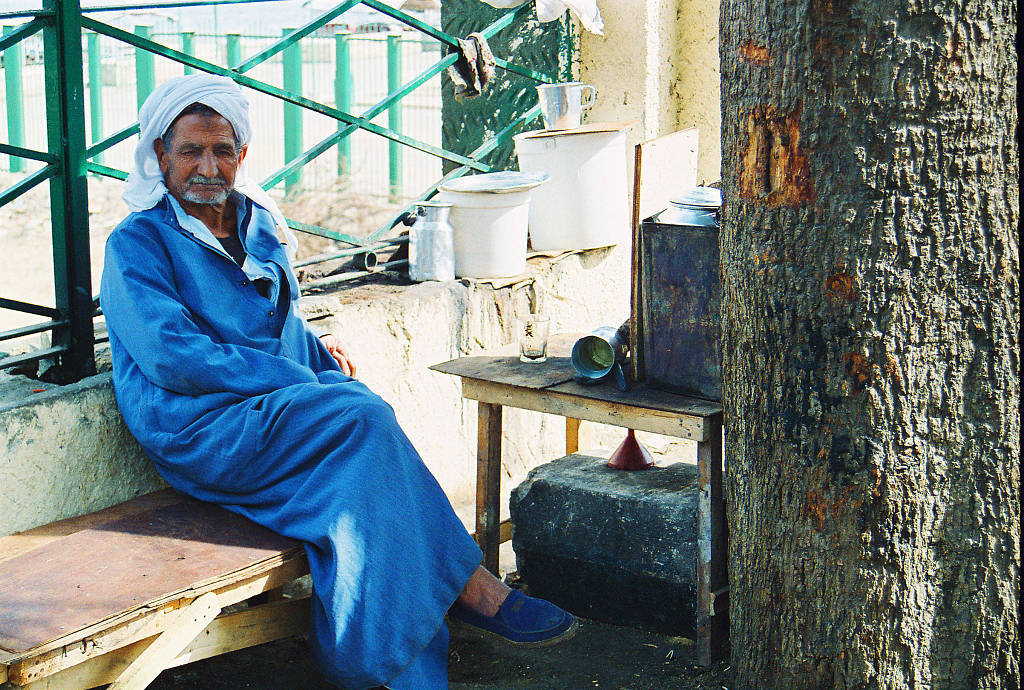National Workshop on “Building Back Better Post COVID-19 and the impact of climate change on sustainable development”

In light of the serious and wide-ranging related to social and economic impacts of COVID-19 in most countries, the results of the regional review of the Arab countries, which was held in September 2020, concluded the urgent need for technical support to enhance the capabilities of Arab governments in managing successive disasters, especially in the event of the spread of epidemics and other biological hazards.
In response to these needs and with the support of the Japan Government, the United Nations Office for Disaster Risk Reduction (UNDRR) Regional Office for the Arab States in cooperation with the Egyptian Cabinet Information and Decision Support Centre (IDSC) organized a national workshop from 30 to 31 January 2022 as part of Egypt’s national efforts to build resilience to disasters, aiming to reduce risks on sustainable development plans, by integrating biological hazards, as well as the method of adaptation to climate change in policies, plans, and programs at all levels, within the framework of UNDRR in implementing the regional initiative “Building back better after COVID-19”.
Mr. Fadi Jannan, Deputy Chief of the UNDRR Regional Office for the Arab States highlighted in his opening remarks the valuable continuation of the national efforts to enhance cooperation between all sectors to protect citizens and national capabilities especially in light of the current global crises, due to Covid-19.
The workshop was attended by more than 65 representatives from the IDSC, Ministry of Defense, Ministry of Interior, Ministry of Foreign Affairs, General Intelligence, Administrative Control Authority, Health and population, agriculture and land reclamation, water resources and irrigation, housing, utilities, and urban communities, environment, local development, planning and economic development, international cooperation, higher education, and scientific research, tourism and antiquities, electricity, and renewable energy.
The first day of the workshop showcased Egypt efforts to recover from COVID-19, the guidelines to integrate biological hazards and epidemics in the national strategies in line with Sendai Framework for Disaster Risk Reduction, the National efforts in Disaster Risk Reduction, the impact of COVID-19 on the health sector and how to recover and the guidelines to integrate Climate Change Adaptation in the national strategies in line with Sendai Framework for Disaster Risk Reduction.
The second day of the workshop shed the light on the Climate Change efforts and challenges in Egypt, the biological hazards in Egypt and the impact of COVID-19, the Climate change and its impact on sustainable development presented, and the role of early warning in reducing climate change, the potential repercussions of the effects of climate change on the agricultural sector.
Source:United Nations Office for Disaster Risk Reduction - Regional Office for Arab States






